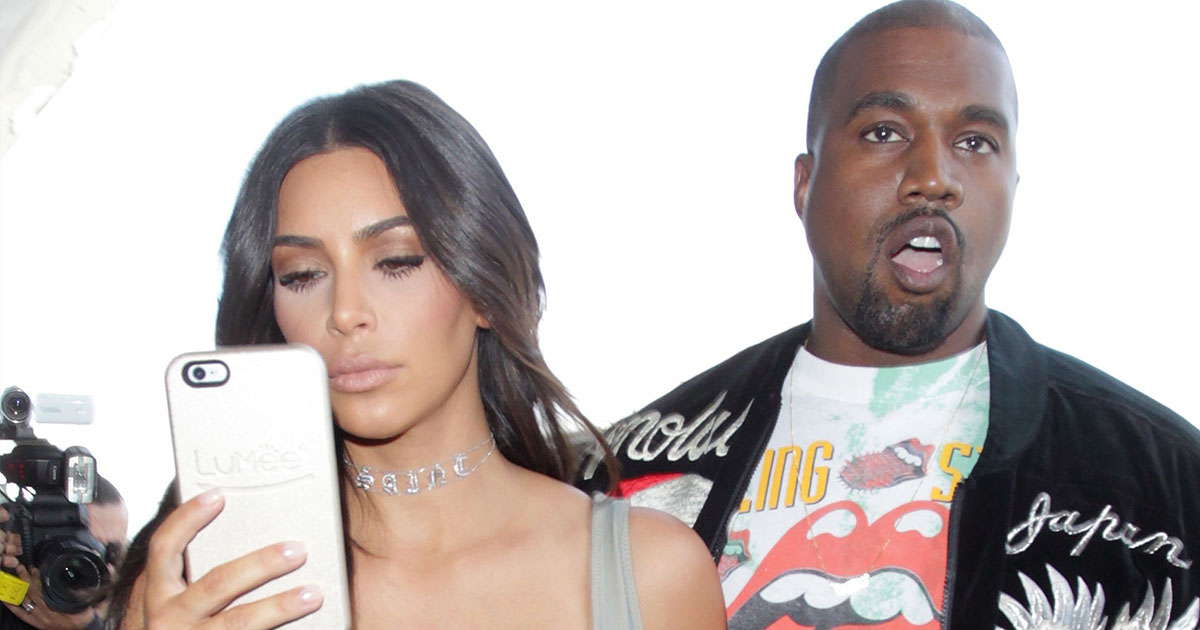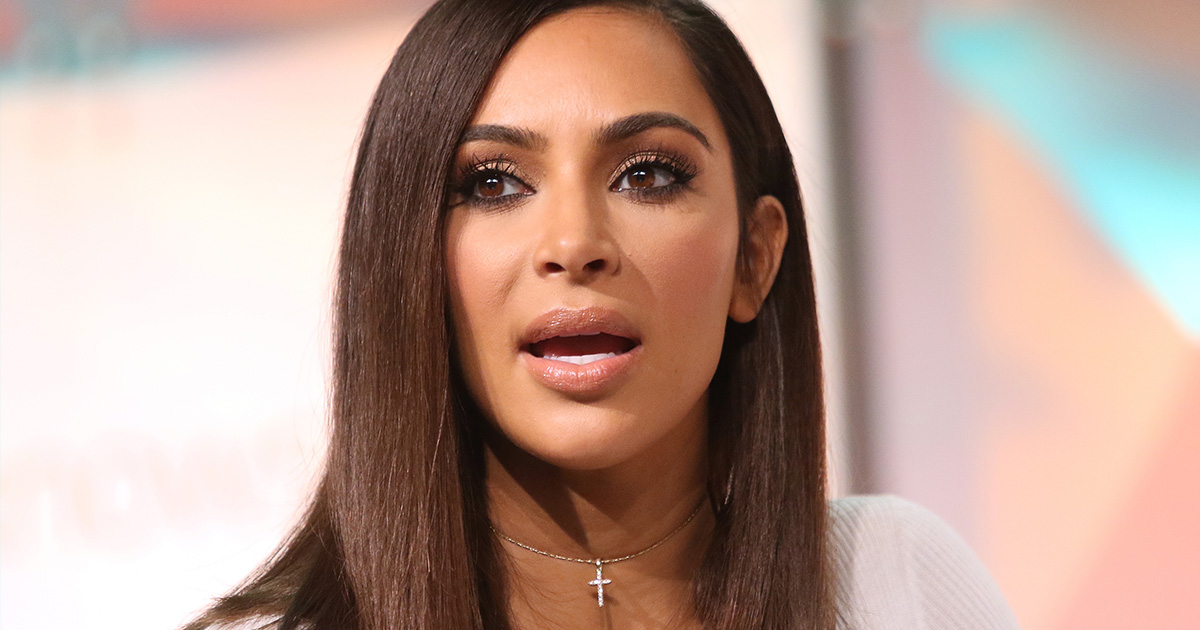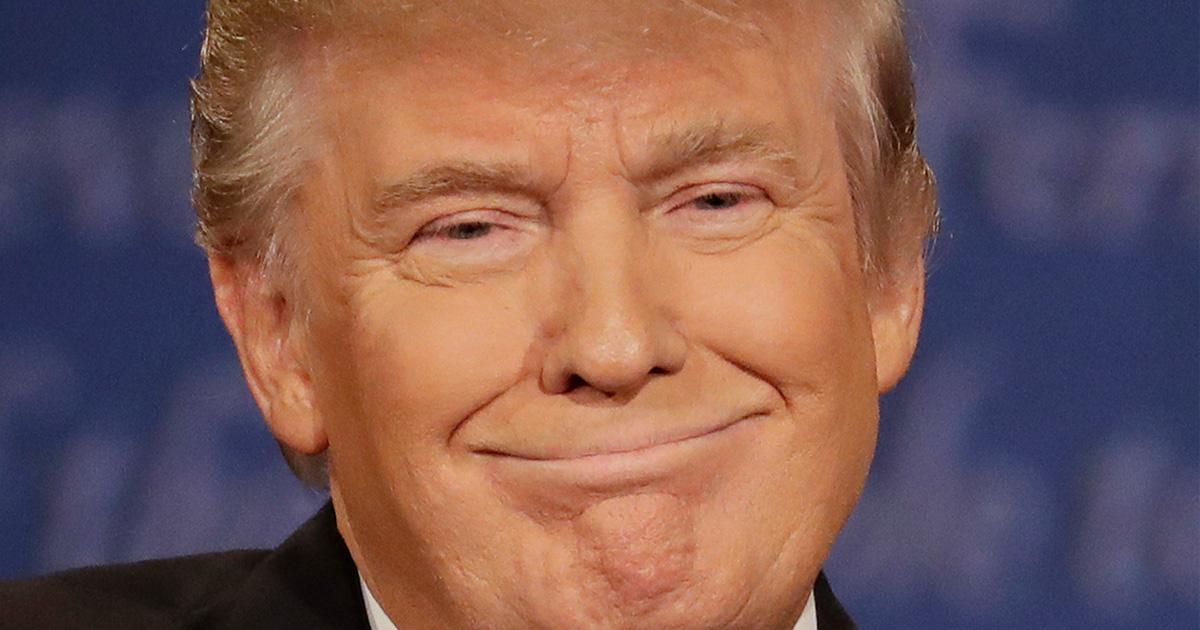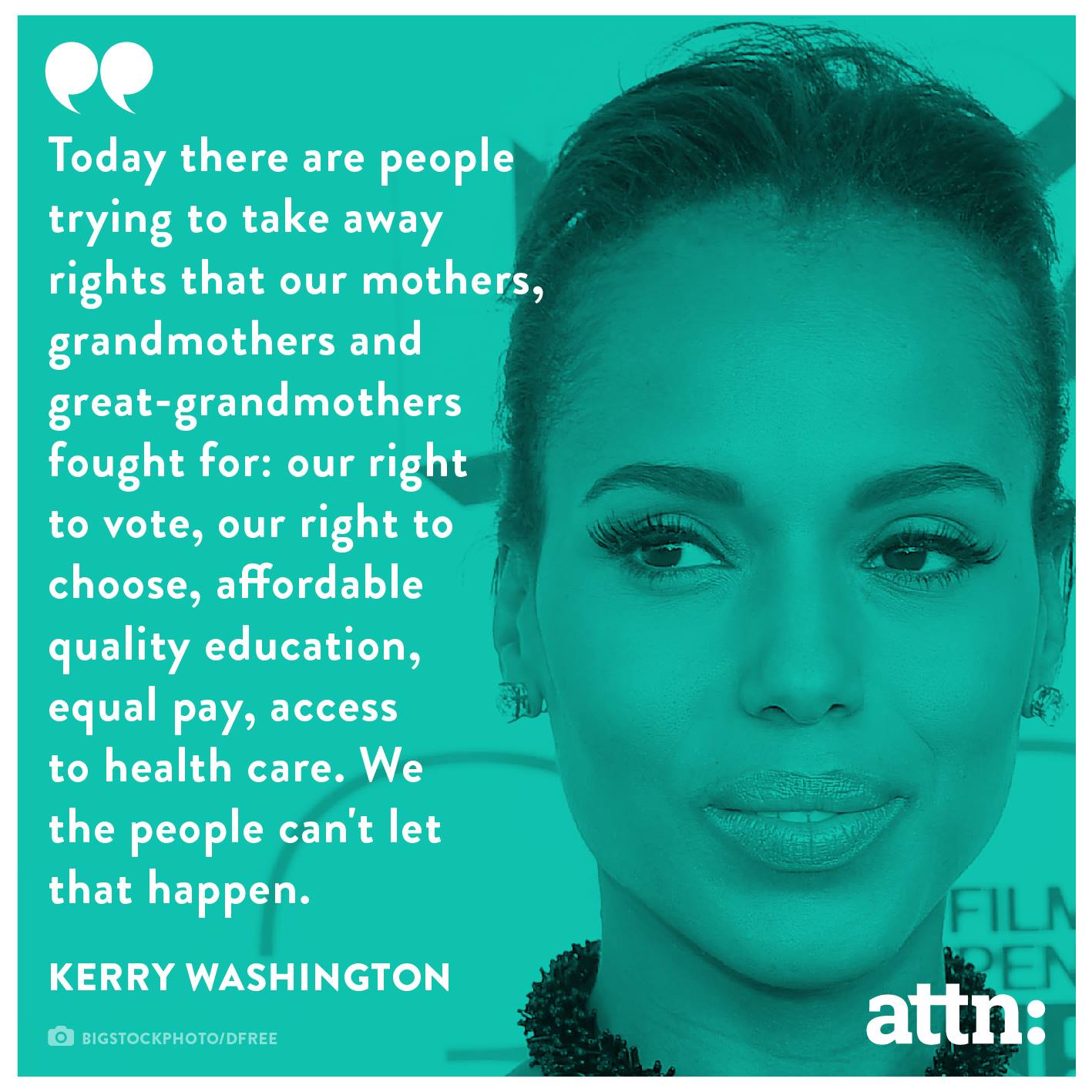The Problem With Celebrities in Politics

By:
We expect a lot from today's celebrities — particularly when they take the opportunity to weigh in on politics or social justice. Take, for, instance, the recent hemming and hawing over who Kim Kardashian West is voting for.
 AP/John Misa - apimages.com
AP/John Misa - apimages.com
As a visible female celebrity — and therefore, a role model for young girls — Kardashian West has been lauded for speaking out on body acceptance, slut-shaming, gun violence, Black Lives Matter, and she recently made the cover of Forbes.
However, last week when rumors surfaced that Kardashian West claimed she was still considering who to vote for in an interview with Wonderland Magazine (a claim Wonderland quickly denied) headlines quickly denounced the star — perhaps feeling betrayed by the fact that she's been placed (perhaps unfairly) on a progressive-leaning pedestal.
 The Huffington Post - huffingtonpost.com
The Huffington Post - huffingtonpost.com
Days after the ordeal, Kardashian West clarified that she was definitively "With Her," Vanity Fair reported.
 Sipa USA via AP/Jc Olivera - apimages.com
Sipa USA via AP/Jc Olivera - apimages.com
But what if she had maintained that she was torn between the candidates — as initial reports on the interview suggested — or further chose to endorse Donald Trump?
On one hand, Kardashian West is an influencer in the most literal sense of the word — and much of that influence is knit into her remarks on the stigmatization of female sexuality and womanhood generally, even if her initial rise to fame was not.
It raised this question: How could a woman whose fan base is comprised so largely by young women — many of whom are just coming of age to vote — openly toy with the idea of voting for a candidate who has not only launched countless sexist slurs at women but promised to gut women's healthcare providers?
 AP/Patrick Semansky - apimages.com
AP/Patrick Semansky - apimages.com
These rumors raise a larger issue: Is it fair for this to suddenly be Kim K's job?
The social media age often means that conversations about November's election, the Black Lives Matter movement, and other political issues take place outside of political media.
And interviewers certainly aren't hesitant to ask celebrities to weigh in on controversial issues that they haven't necessarily prepared to discuss.
Hollywood's relationship with politics is nothing new, but technology has certainly transformed the place of A-listers in political discussions, authors Chong Ju Choi and Ron Berger wrote in a 2010 paper published in the Journal of Business Ethics.
From the Journal of Business Ethics (bolded for emphasis):
"There has always been a connection between Hollywood and politics, certainly in the USA. However, global celebrities in the 21st century are involved in proselytising about particular religions, such as Scientology, negotiating with the Taliban in Afghanistan and participating in the Iraqi refugee crisis. The Hollywood actor, Jude Law's attempt to negotiate with the Taliban in Afghanistan was not successful; but the mere fact that Jude Law tried, and that it was discussed widely over the global internet, shows the expansion of celebrities' domain in today's society. The global entertainment industry, especially based in Hollywood, has vastly exceeded their original mandate in society. The global internet is one of the major drivers of this phenomenon. The nature of constant, instantaneous and frenzied topic discussions over the global internet in the 21st century seems to have found a perfect match with the accelerating and expanding role of global celebrities."
This phenomenon can place celebrities and journalists who cover them in a kind of double-bind.
On one hand, most of these people did not get famous for being politically informed. On the other hand, the rapid-fire, online news cycle and social media platforms provide ample opportunities for popular people to gain a great deal of publicity by voicing opinions on issues they don't necessarily have in-depth knowledge of.
"The increased activity of celebrities as champions of global humanitarian issues raises some fundamental questions for statecraft and its practitioners," University of Waterloo political science professor Andrew F. Cooper wrote in a 2007 article published by the Georgetown Journal of International Affairs.
"How seriously should celebrities be taken in world affairs?" Cooper asks. "Whom do they represent and to whom are they accountable? "
Sometimes, public figures actually use their platforms to discuss issues that might not get mainstream press coverage or reach their fan bases otherwise — and do it successfully.
"Grey's Anatomy" star Jesse Williams has become a powerful advocate in the fight against systemic racism and police brutality.
Williams accepted a humanitarian award for his advocacy at the BET Awards in June with a poetically, politically, and personally charged speech saturated with knowledge of institutional racism. The actor also reached out to thank protesters and advocates on the ground — as well as pleading his Hollywood counterparts to stand with the Black Lives Matter movement.
Kerry Washington has also been lauded for her advocacy on gender, race, health care, and LGBT issues, and she consistently offers a humble-yet-informed perspective, using interviews and press coverage to spread awareness.
So how responsible can we hold celebrities for spreading substantial political messages? Does the nature or size of their audience matter?
What happens when stars and starlets venture into realms typically negotiated by politicians, pundits, journalists, and academics?
Conventional wisdom would suggest that what they say matters less because they likely don't know what they're talking about. But in reality, a lot more people are listening to what they say.
Unexpected political sound bites from star-studded sources invite questions about how the press should cover their advocacy and statements on political issues.
It's good when a celebrity gets people involved in politics and speaks about issues their fans might not consider otherwise — even if their tactics are a little silly, like Katy Perry and Madonna recent stripping down in comedic videos to encourage fans to vote.
But sometimes their words invite a great deal of scrutiny. When Patricia Arquette used an Oscars acceptance speech to address equal pay for women in Hollywood, she was widely skewered in the press for not expressing intersectional feminist ideas or bringing up race in the industry.
So while we cast a critical eye on celebrity advocates, it's also worth considering the possible limitations of their respective backgrounds on political issues — and not jumping down their throats too quickly.

